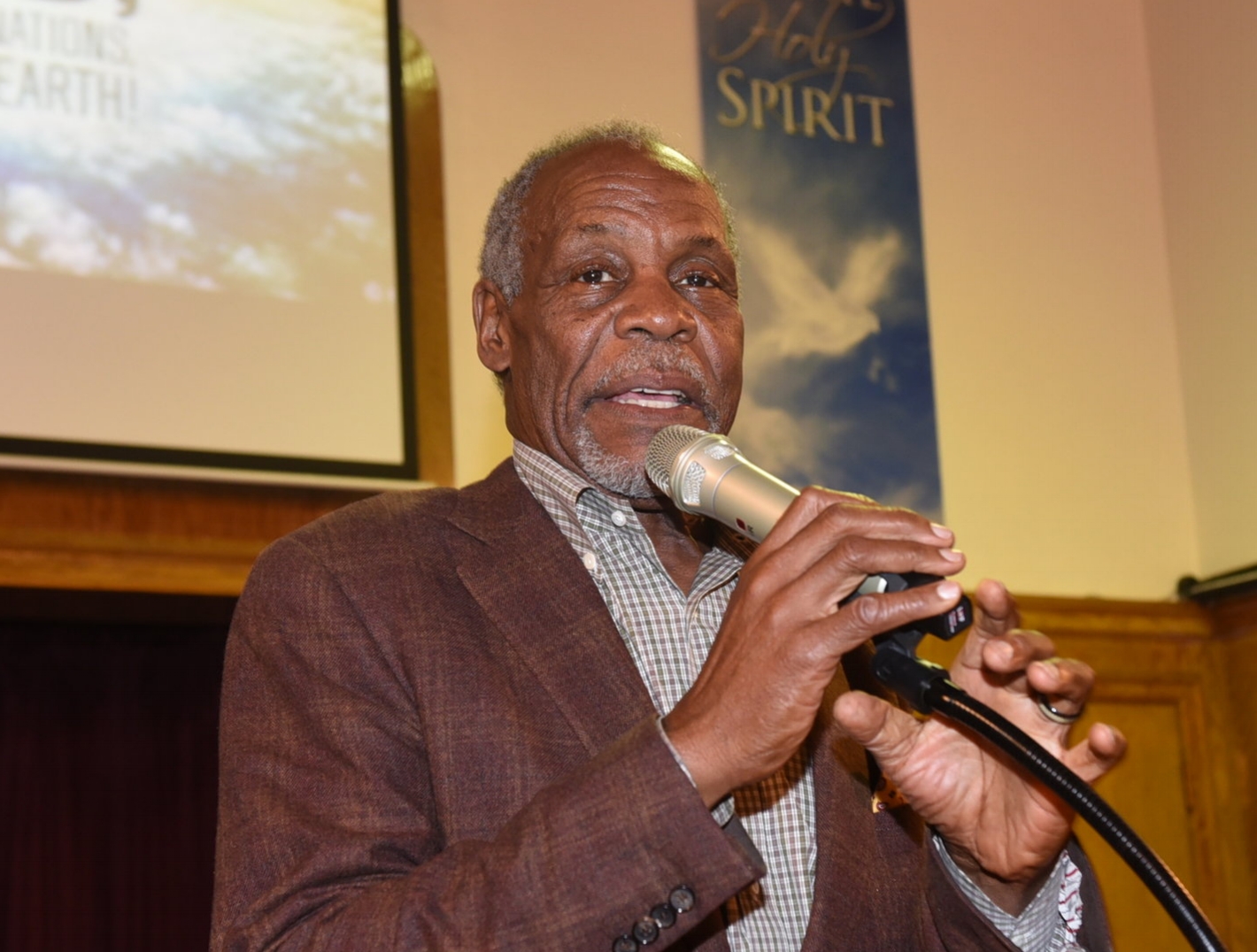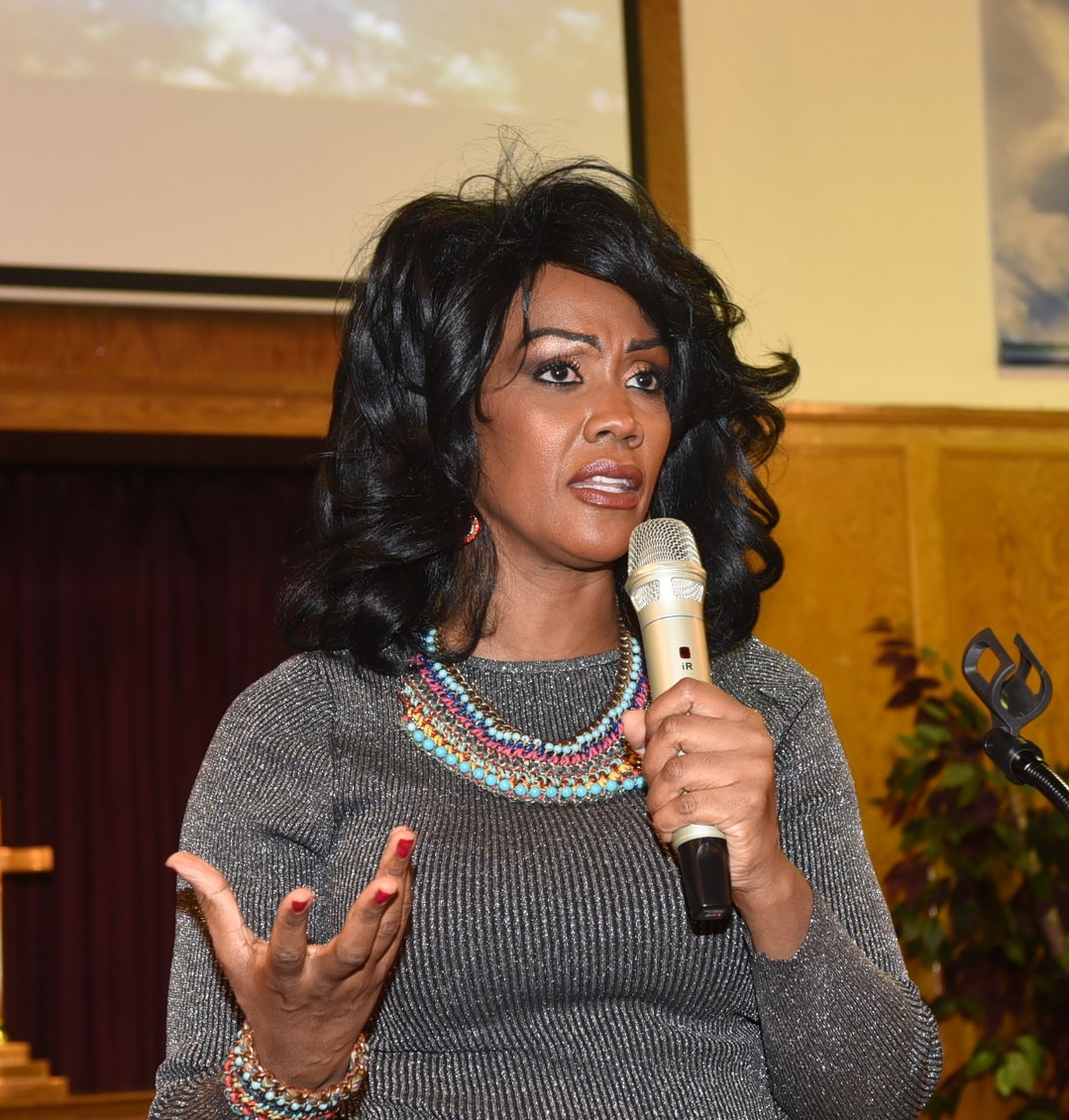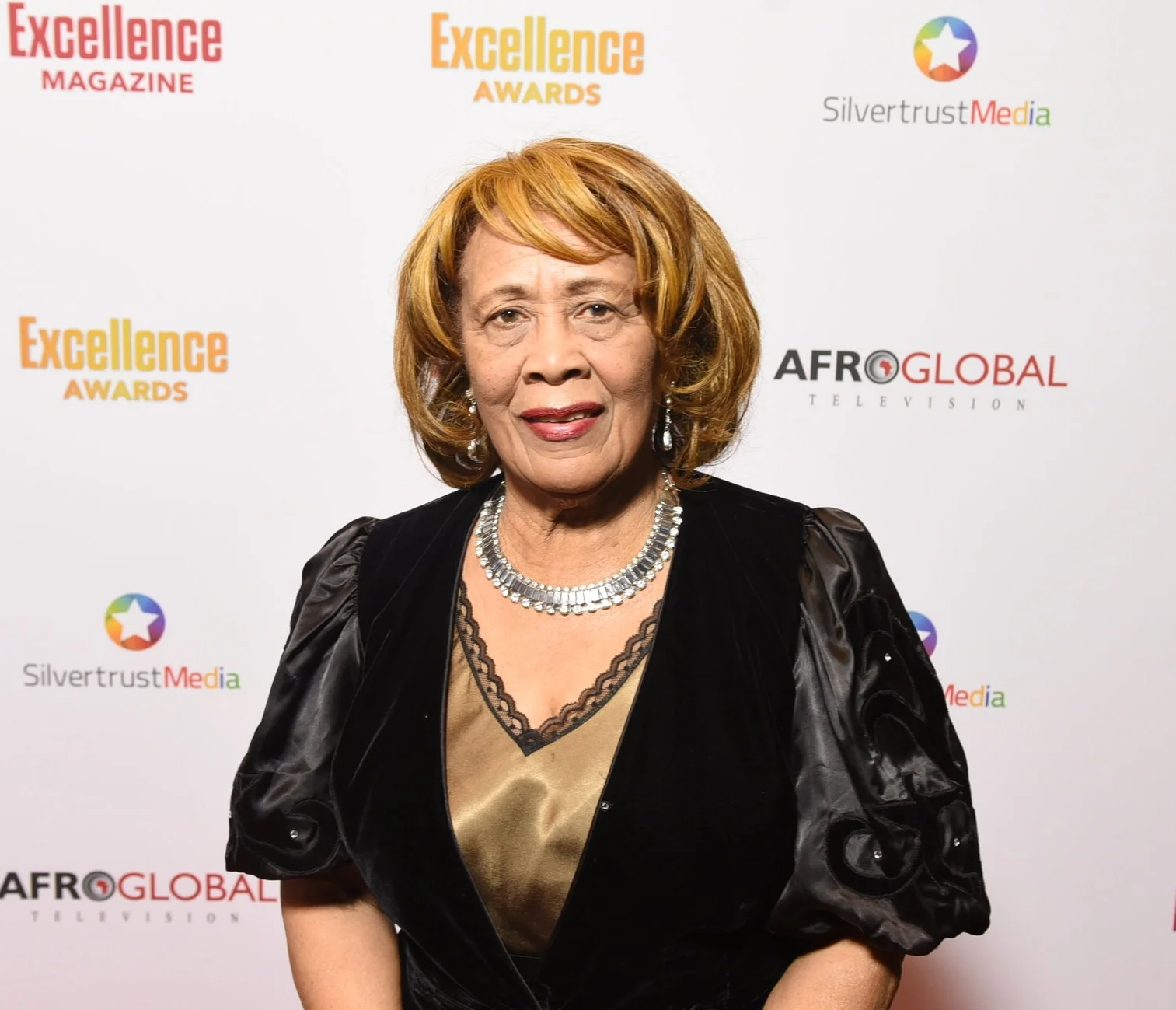Danny Glover warns of challenging times for minorities
October 28, 2017
Historical Black churches hold a special place in actor and civil rights activist Danny Glover’s heart.
In January 2016, he joined other celebrities, political leaders and activists in Williamsburg to celebrate the restoration of the bell at First Baptist Church founded by slaves in 1776.
The bell rang for the first time in nearly 60 years at an event to celebrate Black History Month.
Visiting the First Baptist Church in Toronto recently brought back memories of his trip to Mother Bethel African Methodist Episcopal Church in Philadelphia.
The congregation founded in 1794, is the oldest AME congregation in the United States and the present church, completed in 1890, is the oldest church property in America continuously owned by Black Americans.
“I went down to the basement, sat there and just imagined the dreams, stories, will and power of the extraordinary men and women who had taken another step into the future,” he said. “It took the vision that we need now more today than ever. Whenever I have been reminded of the long journey that we have been on, I think about the vision that has got us this far…When I stand here, I think about the stories, the voices, the laughter, the cries and the losses to get to this point.”
Gwyn Chapman, the city’s special advisor for youth engagement and development, invited Glover to come to Toronto.
Gwyn Chapman
“When she collared me and said she wanted me to come and talk to people here, I was overwhelmed and honoured,” he said.
An advocate for workers’ rights, Glover said he hit the road the day after the United States elections last November to see people, talk to them and get a feel for what they were thinking.
The first stop was in Detroit where he met with United Auto Workers union president and chief executive officer president Dennis Williams who was organizing a march in Canton, Mississippi in support of auto workers there employed by Nissan which has 45 plants around the world.
“Of the 45, the three in the United States are the only ones where the workers don’t have union representation,” said Glover who was arrested in Maryland in April 2010 during a protest by Service Employees Union International workers for Sodexo's (a French food services & facilities management company which is one of the world’s largest multinational corporations) unfair and illegal treatment of workers.
Nearly 80 per cent of the workers at the Nissan installations in the U.S are African-Americans.
“The plants opened 14 years ago with permanent employees having a great opportunity to have something more than just a minimum wage job,” Glover said. “Ever since then, they have rolled back all the previous gains that workers had. I talked to Dennis and we had a march on March 4.”
He spent some time in Washington D.C meeting with members of policy institutions before heading to his mother’s hometown, Jefferson County, in rural Georgia.
Born in 1920, Carrie Glover graduated in 1942 with a science and home economics degree from Paine College.
“The wonderful thing about my mom is that she moved to action,” he said. “She was a post office employee, a union and National Association for the Advancement of Coloured People (NAACP) member and the National Council of Negro Women regional president.”
She died in a vehicular accident in the early 1980s and her son memorialised her by donating $100,000 in 1990 for an endowment in her name at her alma mater.
Glover was a member San Francisco State University Black Student Union (BSU) which, with The Third World Liberation Front, started the five-month college strike in 1968 to protest injustices on campus. The strike ended with the university agreeing to establish the College of Ethnic Studies.
Within a year, every state campus in California had a BSU that was pushing for similar reforms.
“That was only a moment in time,” Glover, who played the lead role in the ‘Lethal Weapon’ film series, said. “We see all over the United States, either ethnic studies programs, Black studies programs, Hispanic studies programs are all been dismantled. Colleges are being de-radicalized. They are getting rid of all these trouble-makers and professors. We live in a moment that is very, very challenging for us to simply tell the truth.”
The First Baptist Church in Toronto emerged 191 years ago with 12 slaves seeking a place to worship.







